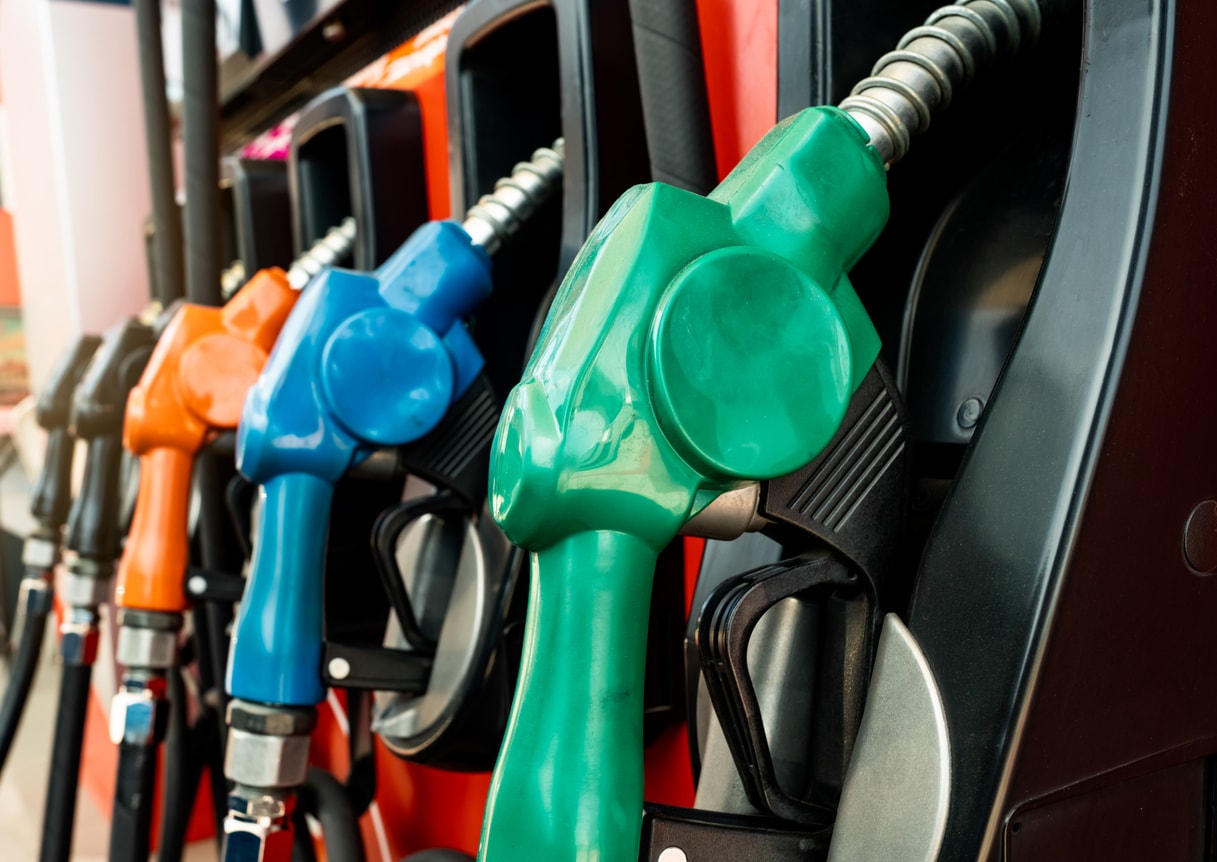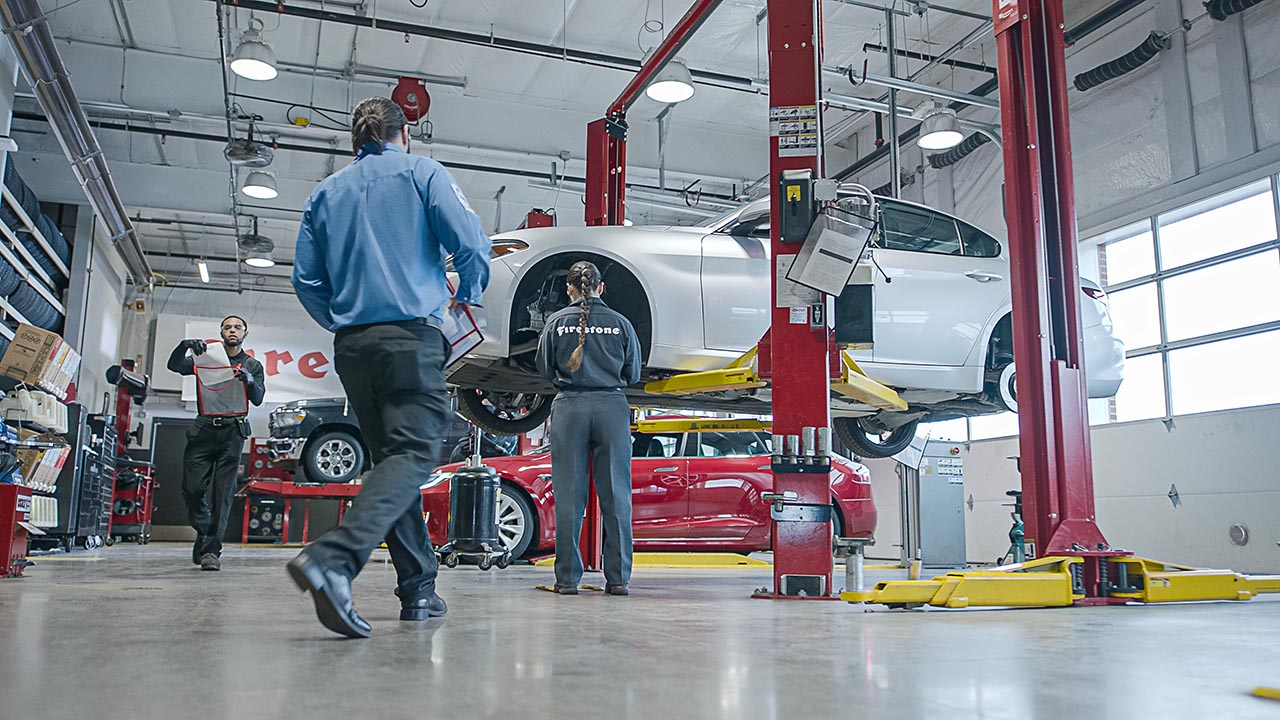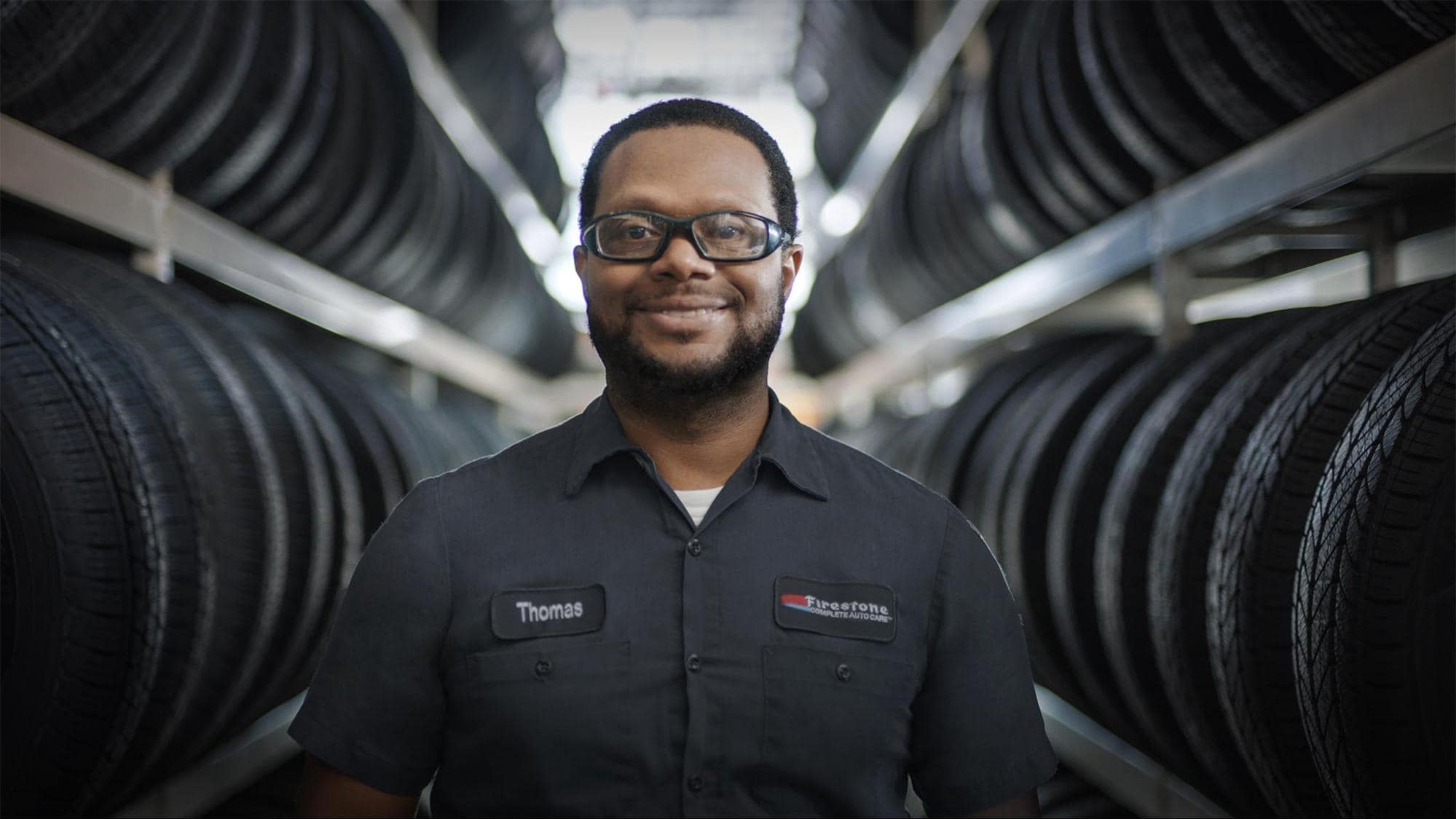Fuel is pricy, so it's wise to consider all options to get better mileage out of your gas, including premium fuel. However, selecting your gas type is more complex than just buying a higher-grade gas for better performance.
Read on for an in-depth understanding of different fuel grades. Our guide will offer additional factors that may be affecting your fuel efficiency and potentially help you keep money in your pocket.
What is Premium Fuel?
Premium fuel (gasoline) is a high-octane gas primarily designed for performance cars, like sports cars or luxury vehicles. It can offer benefits like higher resistance to engine knock, helping to enable more horsepower, and potentially granting better gas mileage with reduced emissions — depending on the formulation of the premium fuel beyond it’s octane rating.
But it's important to remember that not all cars can experience these benefits. Premium gas prices often far outweigh the possible benefits for most standard car engines.
What is an Octane Rating, and Why Does it Matter?
You've probably seen labels like 87, 89, 91, 92, 93, or 94 on your gas station's fuel dispensers. These numbers indicate unleaded gasoline octane ratings, and gas stations often label them as regular, plus, and premium. But do you know what they mean exactly? It's crucial to understand octane ratings before diving into the possible gas mileage benefits of premium fuel.
In a nutshell, the octane rating designates the fuel’s ability to resist abnormal or early combustion. A higher octane rating means better resistance, so combustion only occurs when designed. Yes, premium (high-octane) gas is actually slightly more difficult to ignite in your engine's cylinders — only the engine’s computer should control when combustion occurs!
When the gasoline is sucked inside the cylinder, the piston compresses it before the spark plug initiates the combustion. However, this compression creates immense heat that the gasoline must withstand. As a result, the air and gasoline (fuel) can combust spontaneously during the compression if you use an inadequate octane gas. This is also known as engine "knocking" and can damage your engine.
Some vehicles have high compression in their cylinders, typically high-performance sports cars. So, they must use high-octane gas to help prevent engine knocking and achieve better performance. Since their cylinders exert a very high pressure on the gasoline and air inside them, they can extract more mechanical energy from the air/gasoline (fuel) mixture. The higher the engine's compression ratio, the tighter the piston compresses the air/gasoline in the cylinder, and the greater the expansion force once the spark plug ignites the high-octane fuel. As a result, highly compressed fuel in the cylinder provides more power for the vehicle.
Does Premium Get Better Gas Mileage?
Do you get better gas mileage with higher octane fuel? — Octane ratings alone do not equal better gas mileage. However, if your engine is knocking, it is not getting the designed mileage. In addition, some premium fuels are formulated with more detergents to help keep your fuel system clean, which also helps maintain the engine’s designed mileage.
The Federal Trade Commission recommends using regular gasoline for most standard cars and notes that: "In most cases, using a higher octane gasoline than your owner's manual recommends offers absolutely no benefit. It won't make your car perform better, go faster, get better mileage, or run cleaner."
How to Know What Gas to Put in Your Car
When in doubt about your vehicle, consult your car owner's manual. The gas type may also be found on the inside of the gas door or on the gas cap itself. We recommend sticking to the octane level specified in your car's manual because this is a sure way to get it right.
If your vehicle requires premium fuel, don't skimp on it. While you can save money by using regular fuel, you could cause damage to the vehicle's engine and overall performance may decline. Fuels with lower octane levels can combust prematurely in high-compression cylinders and cause engine knocking. You shouldn't use diesel fuel in a gas car, and using a lower-octane gas in a vehicle that requires premium gas is not a good idea.
On the other hand, if your manual "recommends" using premium fuel but doesn't mandate it, you can use regular gas and reduce fuel costs.
Other Factors That Affect Fuel Efficiency
While using higher octane gas will likely not improve your gas mileage, there are many ways to reduce fuel consumption.
Keeping up with your manufacturer's suggested maintenance schedule and following the best driving practices may have a noticeable effect on your fuel efficiency. Here are some of the best ways to help improve your gas mileage:
- Monitor your tire's air pressure. Your tires' air pressure should match the recommended levels in your car’s manual. Underinflated tires generate more friction and require additional energy to move, negatively impacting fuel economy. Schedule a tire repair at Firestone Complete Auto Care if you suspect one or more of your tires are leaking or are due for a change.
- Stick to your manufacturer's suggested maintenance schedule. Underinflated tires, failing spark plugs, bad oil, and other car parts in poor condition can increase how much fuel your car uses.
- Don't speed on the highway. Most vehicles' gas-efficiency decline at around 50 mph and above.
- Use cruise control when possible and safe to do so. Cruise control may help improve fuel economy on the highway.
- Reduce AC use. Try using the "economy" AC setting if your car supports it. The AC can dramatically reduce fuel economy.
- Don't load up your car with unnecessary weight. The heavy trunk can put a dent in your gas mileage, so only load up the must-haves, especially when trying to save gas on a long road trip.
- Minimize idling. If you are waiting for a friend or a family member, turn off the engine, and your wallet might thank you.
- Avoid harsh accelerating and braking. If you often accelerate or brake aggressively, you'll waste fuel and potentially wear down your brakes at a faster rate.
Maintain Your Vehicle and Save on Gas at Firestone Complete Auto Care
Beyond fuel type and your driving style, it's crucial to ensure your vehicle is well maintained for greater fuel efficiency. Get the services you need to help offset poor fuel economy at your nearest Firestone Complete Auto Care today.



